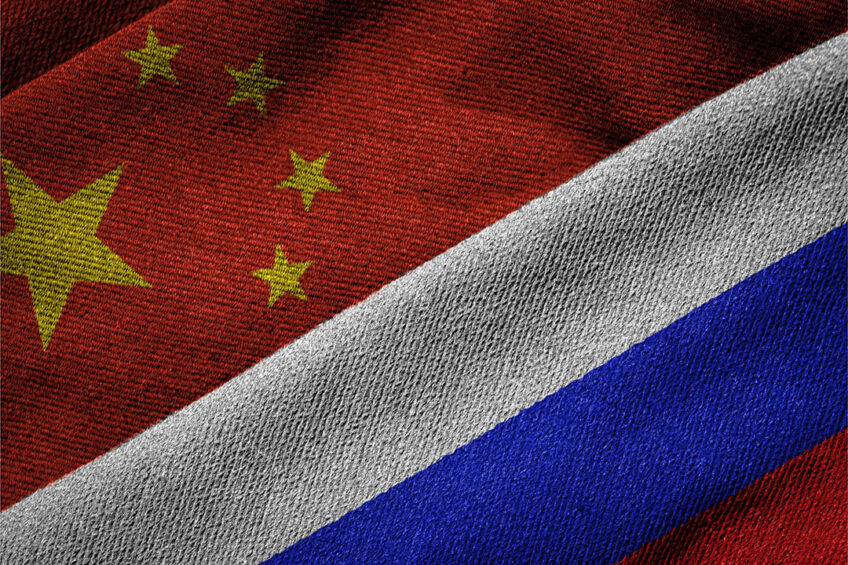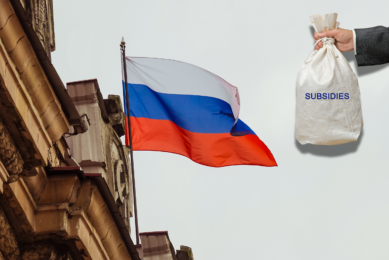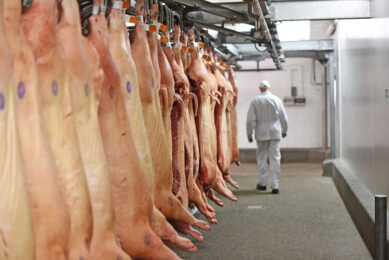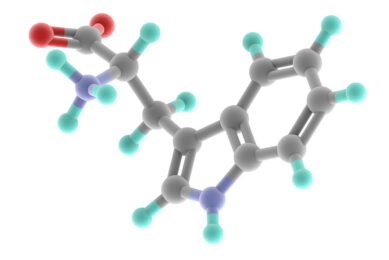Chinese dominance in Russia’s feed additive market – cause for concern

As China holds an 80% share in Russia’s feed additive market, the livestock industry must consider the risks of supply disruptions, Vasily Frisen, a shareholder of Megamix, a prominent Russian premix manufacturer, told local news outlet Veterinary & Life.
“I’m scared to think about what this [tight dependence on the Chinese import] threatens us with,” Frisen said. “The US may try to force Chinese companies to halt deliveries to Russia.”
Some Chinese companies already running business in the US are refraining from exporting their goods to the Russian market, according to Frisen.
“Some companies, including European, pulled out of the Russian market not because they wanted to, but to stay on the big US market,” Frisen said. “If the US pressure China so that large suppliers stop exporting to Russia, there will be nowhere else [for Russian importers] to find [feed additives],” Frisen added.
Vague import-replacement prospects
It doesn’t make sense to try to produce all feed additives in Russia, Frisen said.
“For example, BASF invested €500 million in vitamin A production. It is not feasible to invest money to produce 1,000 tonnes. It is feasible to produce large quantities. If we start producing large quantities, the global price, which is already low, will drop, making production unprofitable,” Frisen said, reminding that the global Vitamin A price has already plummeted from €80 to €21-22 during the past year.
Production of some feed additives must be localised in Russia; from a purely economic perspective, there is a lack of EBIDTA in doing so.
“This [feed] independence must be a problem for the state. As I pointed out, if China is closed for us, we have nowhere else to go,” Frisen said.
Megamix has started producing vitamin E and is considering expanding the production range, Frisen said, adding that the company “has a big contract with a serious manufacturer.”
Expensive additives fuel meat market turbulence
A price hike on the feed additives market, specifically lysine and methionine, has largely contributed to the upward price rally on the Russian poultry and meat market in the past several months, Frisen said.
In general, Frisen noted that he doesn’t ever recall prices being so high, partly attributing this trend to the complicated veterinary situation in the country.
A rise in poultry and egg prices has pushed the Russian authorities to consider some unprecedented measures, including a 6-month ban on poultry and egg exports from the country.











